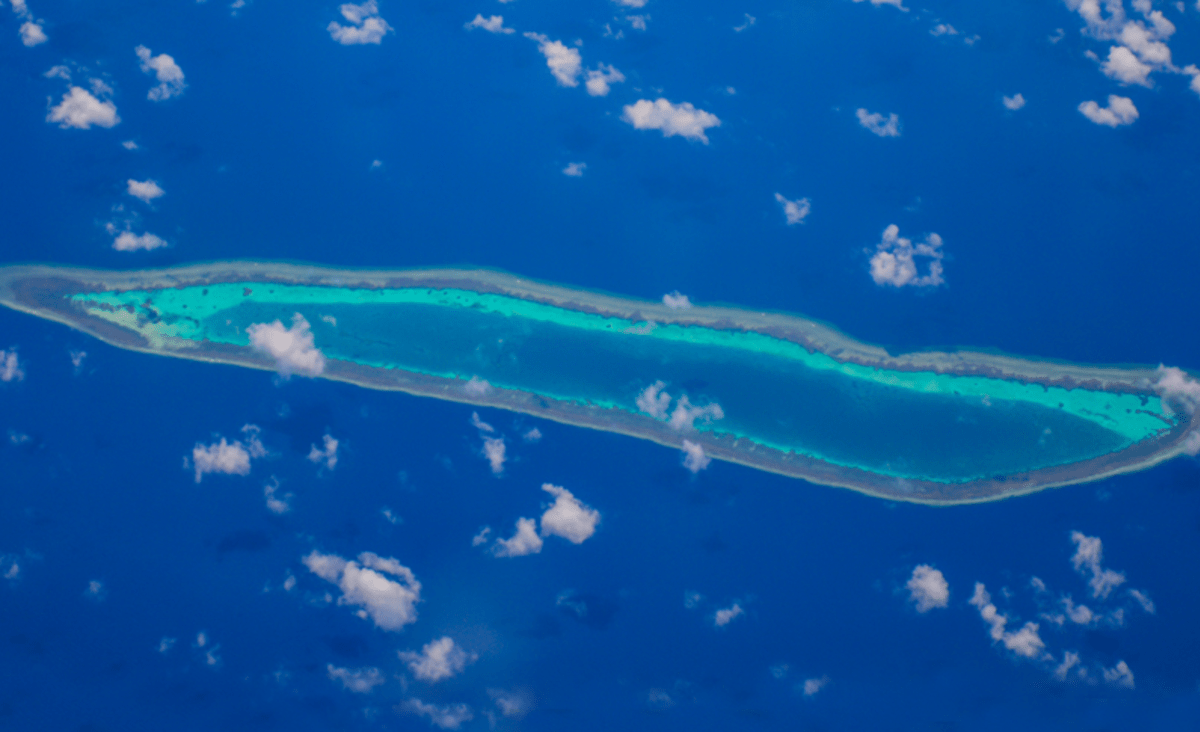
interestingengineering.com
Ships Are Dumping So Much Human Waste in Seas It Can Be Seen From Space
An AI-based satellite image analysis has revealed that raw sewage from over 200 anchored ships in the South China Sea is damaging marine life.
Science & Tech
AI-based satellite image analysis firm Simularity released a report last week stating that raw sewage from over 200 anchored ships, suspected to be Chinese vessels, in the South China Sea is damaging marine life, a report from Reuters explains.
The firm collected marine satellite data from May 14, 2016, to June 17, 2021, on the areas surrounding anchored ships operating around the contested Spratly Islands in the South China Sea.
They analyzed concentrations of Chlorophyll-a, which they say indicates the ships have been dumping human waste in large quantities.
At a forum on Monday, Liz Derr, Simularity co-founder and CEO, said the waste could threaten fish stocks, as well as the local coral reef and its surrounding ecosystem. "It is so intense you can see it from space," Derr said.
Though Derr told ABS-CBN News that Simularity "can't definitively say that those are Chinese [vessels], they seem to be the same ships that have been there since March and they look very similar so I think, in all probability, they are."
'When the ships don't move, the poop piles up'
As a report by AmericanMilitaryNews points out, it is possible for Chlorophyll-a to come from land due to fertilizer running off from farms and the erosion of riverbanks.
However, so far out from land, the deposits are almost certainly due to untreated ship wastewater, and as Derr pointed out to ABS-CBN News, "when the ships don't move, the poop piles up."
Unfortunately, this untreated sewage is creating "dead zones" on the ocean floor, which leads to excess algae growth and damaged coral reefs.
"While we are confirming and verifying these wastes being dumped ... we consider such irresponsible acts, if true, to be gravely detrimental to the marine ecology in the area," Philippine Defence Secretary Delfin Lorenzana said in a statement.
"Despite conflicting claims and interests by states in the South China Sea, all nations must be responsible stewards of our natural resources and environment."
A 2016 international court decision at the Hague rejected Chinese claims of territorial sovereignty over territories in the South China Sea, including the Spratly Islands, though the Chinese government later said it rejected that ruling.
As Newsweek points out, Chinese Foreign Ministry spokesperson Zhao Lijian similarly rejected Simularity's study as a "big joke" during a press conference in Beijing on Thursday.
























































